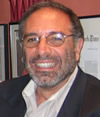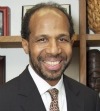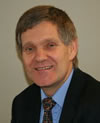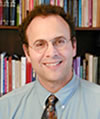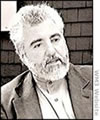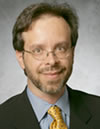Kassin received his Ph.D. at the University of Connecticut. He later served as a postdoctoral research fellow at the University of Kansas; taught at Purdue University; served as a U. S. Supreme Court Judicial Fellow, working at the Federal Judicial Center; and was a postdoctoral fellow and visiting professor at Stanford University.
Dr. Kassin is author of the textbooks Psychology and Psychology in Modules. Along with Steven Fein and Hazel Markus, he is also co-author of Social Psychology (8th edition), published by Cengage Learning. He has published numerous research articles, and co-authored or edited a number of scholarly books, including: Confessions in the Courtroom, The Psychology of Evidence and Trial Procedure, The American Jury on Trial: Psychological Perspectives, and Developmental Social Psychology.
Dr. Kassin is Past President of Division 41 of APA (The American Psychology-Law Society). He is also a Fellow of the American Psychological Association (APA) and Association for Psychological Science (APS). In 2007, he received a Presidential Citation Award from APA for his work on false confessions. He lectures frequently to judges, lawyers, psychologists, psychiatrists, criminal justice commissions, and law enforcement groups. He has appeared as an analyst on CBS, ABC, CNN, NBC, the Oprah Winfrey Show and other syndicated news shows, and has served as a consultant and expert witness in federal, military, and state courts.
Links:
Police-Induced Confessions, Risk Factors, and Recommendations (this is an official AP-LS White Paper)
Bibliography of Saul Kassin’s publications and press
Saul Kassin’s biography from Social Psychology Network
“Police-Induced Confessions, Risk Factors, and Recommendations: Looking Ahead”
Inside Interrogation: The Lie, The Bluff, and False Confessions
Silence is Golden
